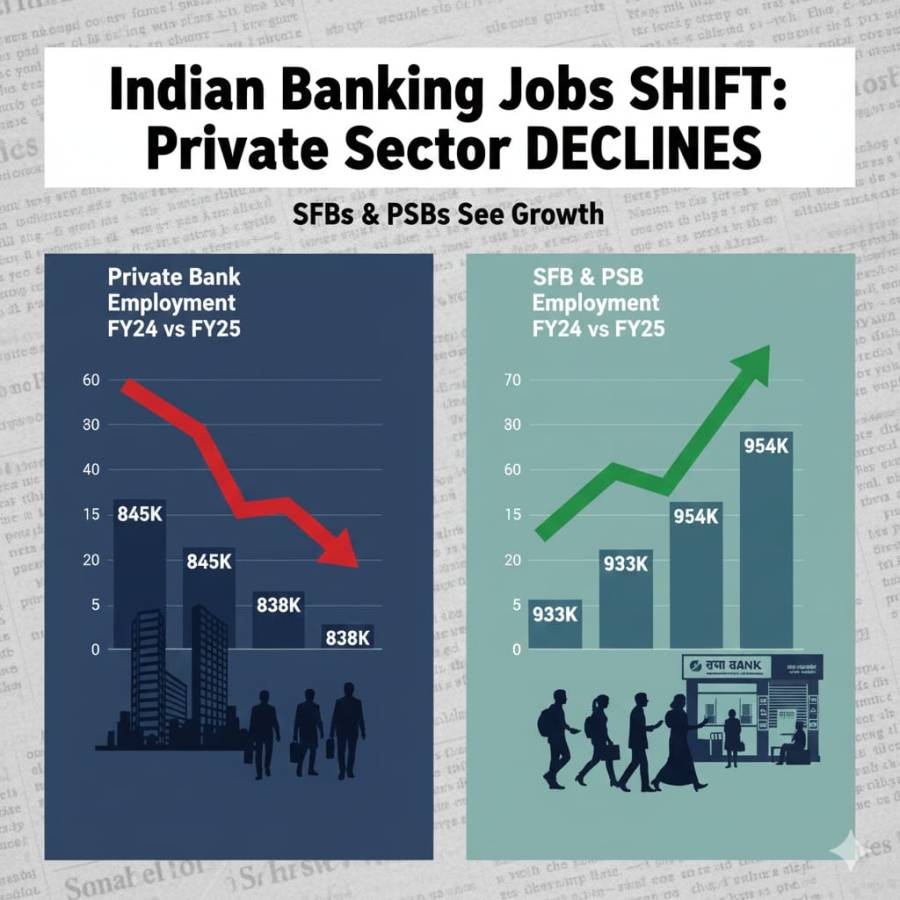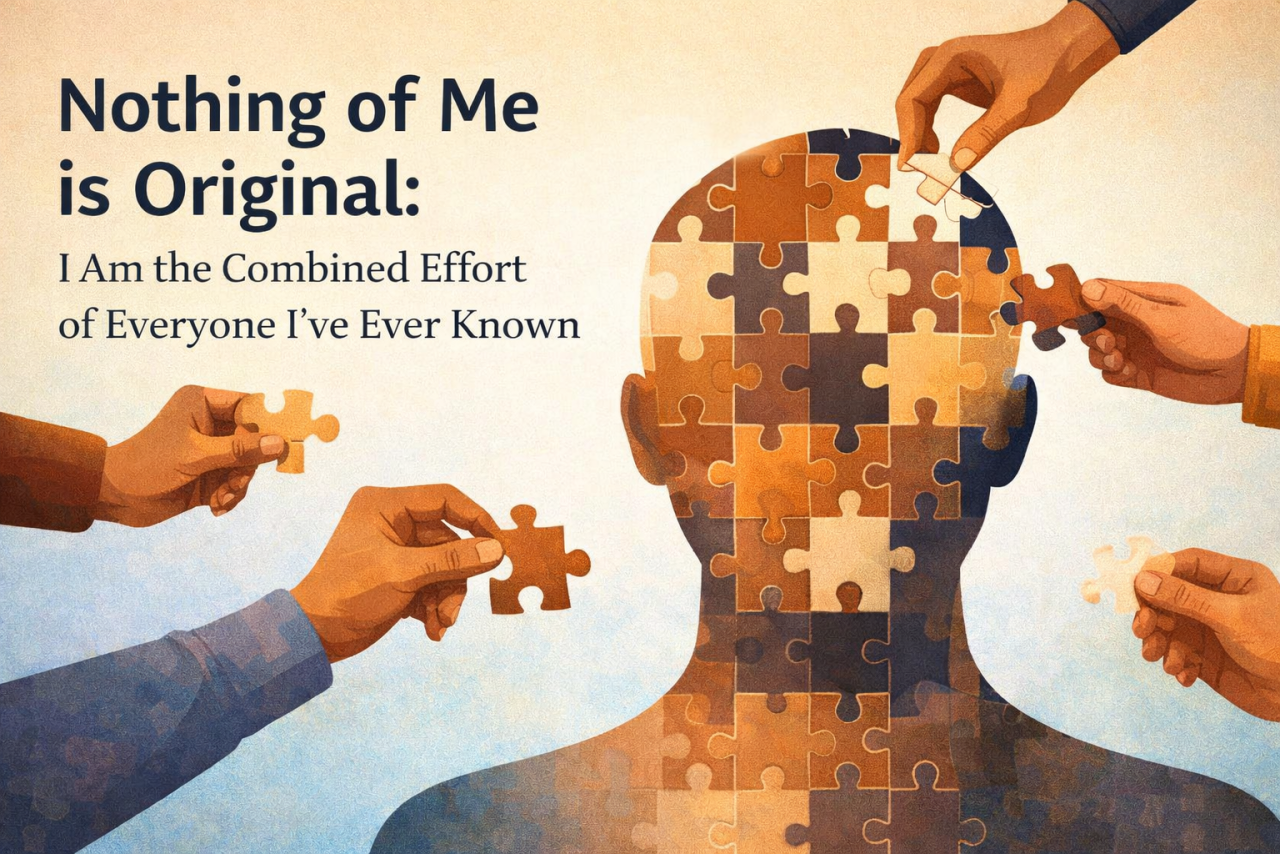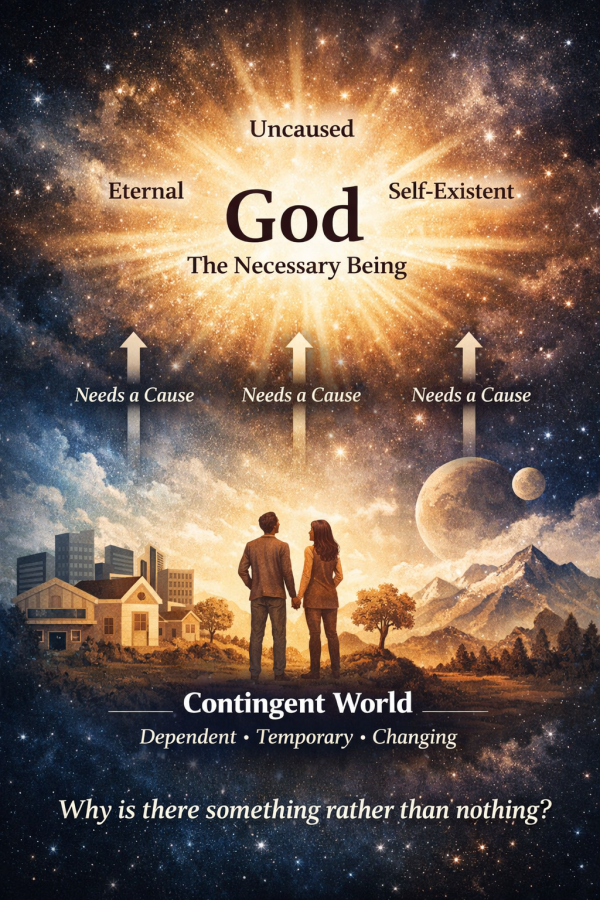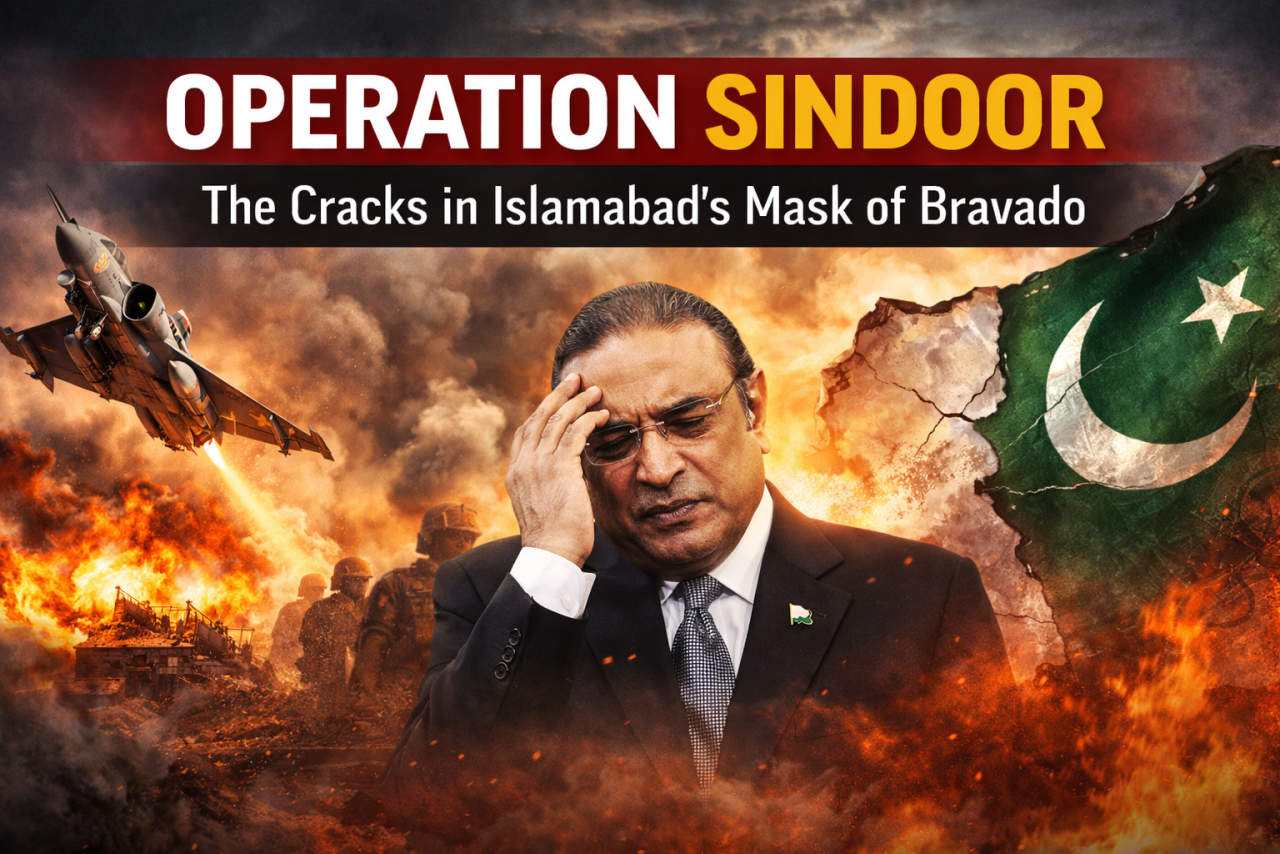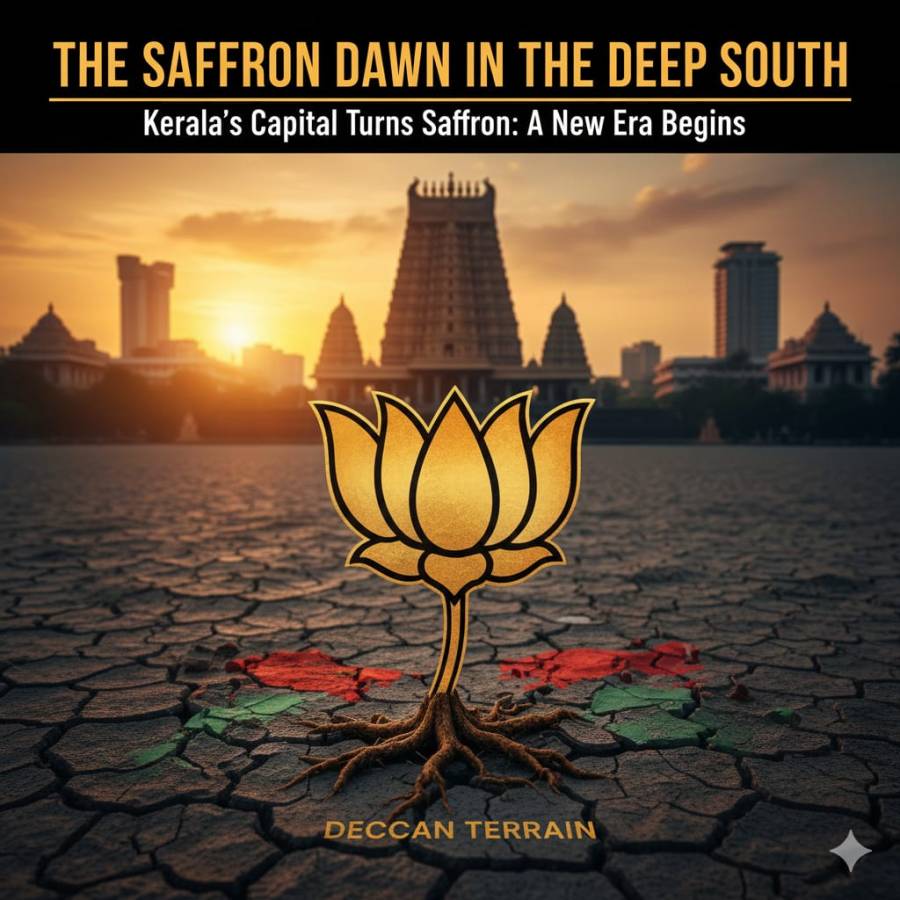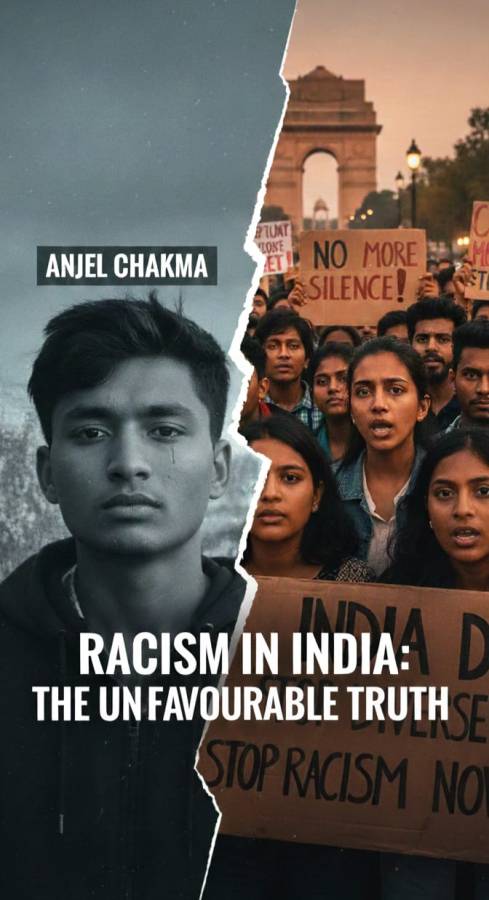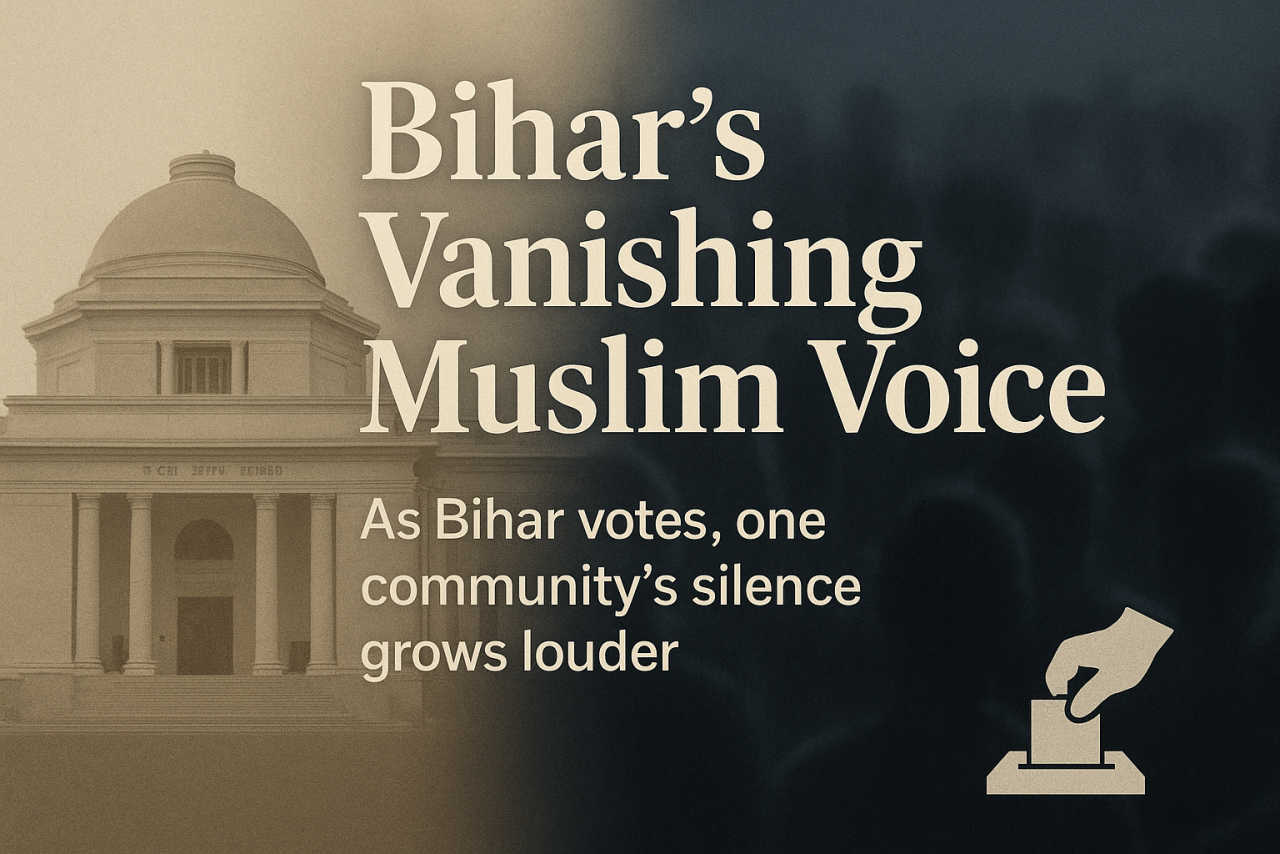
One of the troubling outcomes of today’s divided politics is that the communities caught at the centre of polarisation often lose their voice in governance. Bihar is a perfect example of this reality. The state’s Muslim population, though sizeable, continues to be underrepresented in its Legislative Assembly.
According to the 2011 Census and the 2023 caste survey, Muslims make up around 16.9% of Bihar’s population. Yet their presence in the Assembly has always been far lower. Over the decades, the share of Muslim MLAs has floated between 6% and 12%. This means that while nearly one in six people in Bihar is Muslim, their representation in the Assembly rarely reaches even one in ten.
Historical data reveal the widening gap. In the 1985 elections, when the Congress remained a dominant force, 28 Muslim legislators were elected. Twenty years later, when the National Democratic Alliance (NDA) first formed the government in 2005, that number dropped to 16. In 2020, only 19 Muslims won seats. Such figures tell a story of gradual decline, not just in numbers but in influence.
For the upcoming elections, the pattern has not changed much. Together, the NDA and the Mahagathbandhan have nominated just 36 Muslim candidates. The NDA, led by the Bharatiya Janata Party (BJP), has given tickets to only five Muslims, while the Mahagathbandhan, led by the Rashtriya Janata Dal (RJD), has fielded 31. This imbalance reflects not only political calculation but also the deepening of identity-based politics.
The RJD has long drawn its strength from the combination of Muslims and Yadavs—commonly called the M-Y axis. This year, it has allotted 19 tickets to Muslim candidates. The Congress, its ally in the Mahagathbandhan, has added 10 more. In contrast, the NDA seems focused on mobilising non-Muslim voters. The BJP has fielded none, while its allies have nominated a handful. Such selective representation may please one section of society but risks alienating another.
Interestingly, while the NDA appeals mainly to the non-Muslim voter, the Mahagathbandhan has tried to expand its reach beyond the M-Y formula. It has distributed tickets to extremely backward castes and smaller communities, including members of the Vikassheel Insaan Party. This outreach to new groups, however, has squeezed the space for Muslim candidates, who are now fewer than before.
Amid this shifting political field, the All India Majlis-e-Ittehadul Muslimeen (AIMIM) has emerged as a vocal player. It highlights the alienation of minorities and the lack of representation within major alliances. Yet the AIMIM’s electoral success in Bihar remains limited, partly because Muslim votes are still split between the RJD-Congress alliance and the NDA.
In the broader picture, this decline in Muslim representation does not simply reflect marginalisation of one community. It reveals how competitive politics often favours majoritarian sentiment over inclusiveness. When political parties chase easy victories through polarisation, the democratic balance tilts. The result is a legislature that looks less and less like the society it claims to represent.
The consequences are serious. Representation is not just about numbers; it is about voice and trust. When a large community feels excluded from the decision-making process, it breeds frustration and weakens faith in democracy. For a diverse state like Bihar, this imbalance threatens the idea of collective progress.
Across India, a similar pattern is visible. Muslim representation has declined in both national and state legislatures. The issue goes beyond Bihar—it points to a shift in Indian politics where the language of inclusion is slowly giving way to the logic of majoritarian power.
If this trend continues, Muslims will remain visible during election campaigns but invisible within the Assembly. True democracy demands that every section of society, no matter how small or contested, finds space in the corridors of power. Ensuring fair representation is not about charity; it is about justice and stability.
Bihar’s missing Muslim legislators are therefore not just an electoral statistic. They reflect the shrinking room for dialogue and diversity in Indian politics. The challenge ahead is not only to win elections but to rebuild a system where every citizen’s voice counts equally.




